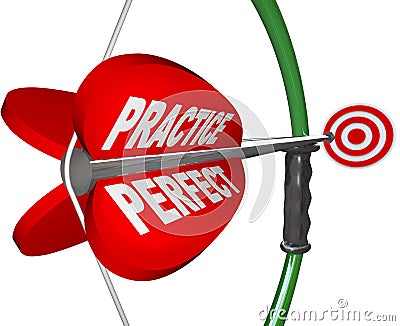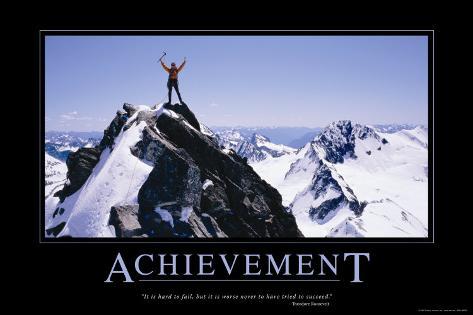 |
| clipartfest.com |
Introduction: Years ago, an old friend and colleague shared some of the best advice I have ever received. She related how for years she had been a "fixer". Out of the best of intentions, she had spent her life fixing the problems, mistakes, and missteps of those she loved. Time and again she would rush in to rescue her loved ones from the pain, disappointment, and failure that she saw coming their way. What she said next surprised me. She said her efforts as a "fixer" was perhaps the biggest mistake of her life having at times done a great disservice and even harm to those very people she loved and wanted to help so much.
This dear friend's life lesson has followed me into the classroom. In practice, as I work with students I often pause to observe my students before deciding on the best course of action. Only then, do I mindfully apply a carefully measured response to their struggles. As I take time to watch, observe, consider, and measure my next efforts to support my student have I found the "Power of the Pause".
 |
| arthurpeter.com |
The Power of Perspective: One area which is compromised when people are always “rescued” relates to their perspective of themselves, others, and the world. Life in general, and tasks and particular can be difficult, sometimes even impossible to succeed at. As students engage in life’s activities they gain understanding of basic human experiences such as success and failure, winning and losing, feeling adequate and feeling they are completely out of their element. Certainly such emotions can be uncomfortable, and the wise teacher/parent carefully monitors and even orchestrates events. At times allowing events to occur naturally, at times modifying the results with the age and maturation level of the young person in mind. The long term goal of this area of consideration is to help the student to understand and experience the wide range of life’s experiences and emotions at a point in their lives when parents and family can step in when needed to offer help and perspective.
 |
| Dreamstime.com |
The Power of Practice: From experience, another area to consider when rushing in to rescue students/children from their task at hand relates to the development of skills. Personally, I grew up in a family where my mom didn’t want to experience the pain of failure, and my father didn’t have the patience to watch me do household chores he could do better himself. I grew up robbed of developing many of the skills that are essential to negotiating the world. As a result I have had to learn these life skills as an adult, doing to the first time in my 20’s, 30’s, and beyond what I should have done in my teens, with my parents by my side. As anyone can tell you, learning skills later in life is a far more painful and difficult experience.
 |
| linkedin.com |
The Power of Persistence: A third area of consideration relates to learning to preserver, not give up, develop grit. Losing, failing, making mistakes can be painful and deflating, but often such experiences are the stuff of which backbone and persistence is born of. From both personal and professional experience, failure, when supported and framed effectively, can inspire greater effort and achievement. For the educator/parent, the real question is when to step in, what and how much support should be offered, and what should not. Metaphorically speaking, a careful balance must be attained between throwing a student in the deep end of the pool to learn to swim in water far too deep for them, and never encouraging them to venture into the deep end of the pool while your around to keep a watchful eye on them. Only when children grow to understand that success is often the story of two steps forward and one step back will they persist, even when the going is difficult and challenging.
The Power of Performance/Achievement:
 |
| allposters.com |
Finally, fixers can rob their victims of the power of achievement. Years ago one of my son’s participated in the soapbox derby with his scout troop. The parents and boys in the den worked diligently on the cars. They were what you would expect from a bunch of 8 and 9 year old's. The paint was applied in thick coats, the wheels were wobbly, and they generally looked like 8 and 9 years old's made them. BUT those boys couldn’t have been prouder and more excited because they were all theirs! The day of the derby came and needless to say none of the cars came close to winning, but the boys cheered and celebrated nonetheless. The experience of the winning car was far different. It was obvious that the car was made by the father, it was beautiful and perfect down to the smallest detail. The saddest part of the event was that as that car crossed the finish line, and everyone cheered, the young “creator” of the car had to be told he won. He didn’t even know which car was his! In the efforts to rescue his son from the frustration of creating his own soapbox derby car, he had robbed him of the joy of actually winning the race with his own creation.
Conclusion: It is completely understandable why parents/caregivers feel the urge to rescue their students when life gets difficult. Yet, no wiser advice was ever given than when my children's pediatrician who told my wife, shortly after the birth of her first child. He counseled her that it was her job with her son, from that day forward, was to prepare him for independence. It maybe that the truest measure of love, is when the teacher/parent mindfully and purposefully pauses and resists the urge to rescue a student/child from their struggles and failures. Instead focusing on the longer term goals of growth and maturity gained through struggle and even failure. In the end focusing on such whole life perspectives truly is the in best interest of the student and the greatest measure of love.




No comments:
Post a Comment